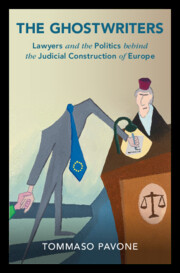In 2011, lawyers for the Chevron Corporation filed a civil suit against an aqueous geochemist under federal racketeering and corruption laws. They claimed that the geochemist and her colleagues had ghostwritten significant portions of a report attributed to a court-appointed expert in Ecuador, although the accusation was subsequently withdrawn. The original case addressed the environmental impact of Chevron’s operations in lowland Ecuador, the subject of a $9 billion judgment against the oil company. This article treats legal transcripts and depositions as examples of life writing to examine the contribution of experts to environmental litigation. It adds to recent scholarship on the instability of scientific authorship by comparing different forms of ghostwriting. Whereas the pharmaceutical industry employs ghostwriters to conceal the potentially harmful consequences of its products, the scientists contributing to the case against Chevron sought to make the company’s environmental impacts visible. The company undermined confidence in the legal proceedings in Ecuador by criticizing the experts for the plaintiffs rather than their data, preventing people whose lives and livelihoods have been affected by oil contamination from collecting the judgment against Chevron. This corporate strategy may have a chilling effect on the willingness of environmental scientists and other expert witnesses to provide evidence against powerful corporations. There is a need for better accounting of scientific research undertaken in support of environmental litigation, especially given the high stakes of legal contests like this one, in which corporate fortunes, human lives, and the fate of the environment are contingent on their technical expertise.


